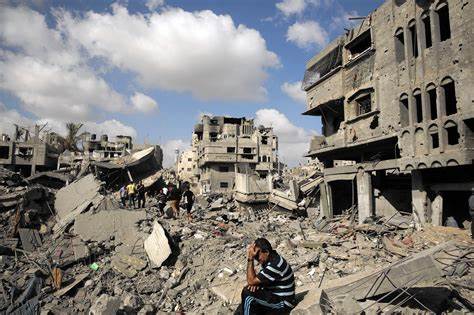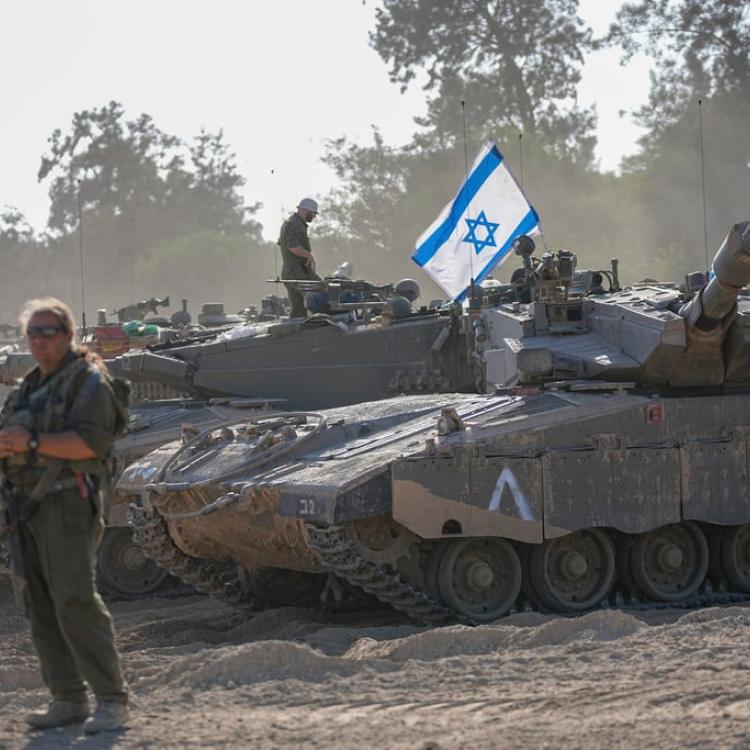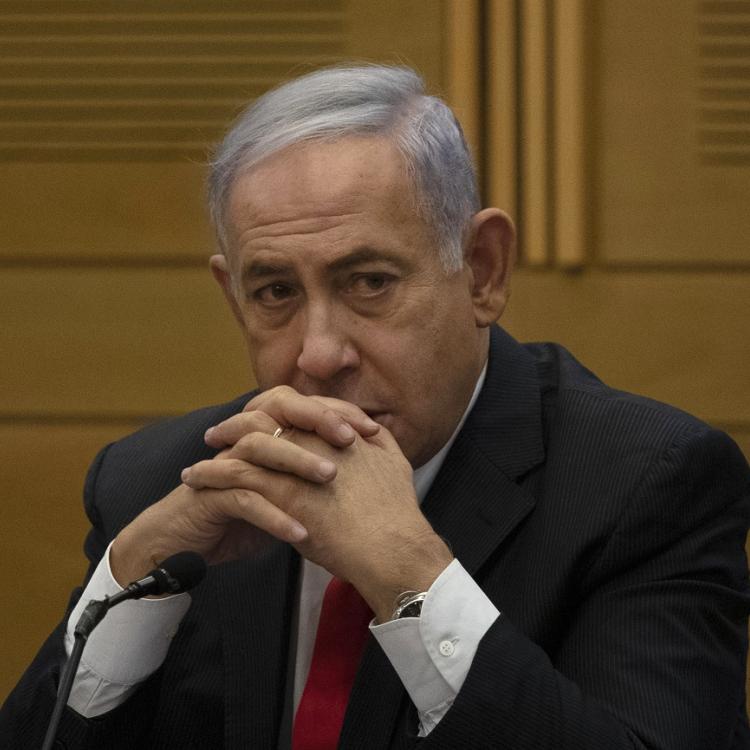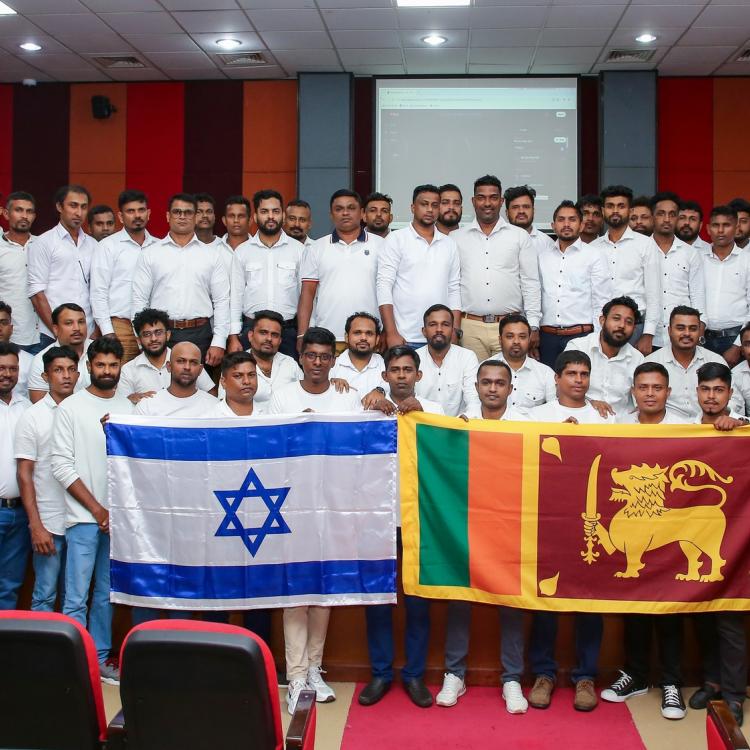
The head of the International Committee of the Red Cross (ICRC) has told the BBC that Gaza has become "hell on earth", as Israel's military assault and blockade of aid continues.
Mirjana Spoljaric's comments come on the same day the UN human rights office warned that Israel's tactics were threatening the viability of Palestinians continuing to live in Gaza at all.
The ICRC is the guardian of the Geneva Conventions - internationally agreed rules of conduct in war - and normally only speaks confidentially to warring parties when it thinks violations are taking place.
But Ms Spoljaric has now said publicly that what is happening in Gaza is an "extreme hollowing out" of international law.
Israeli bombardment has killed 1,542 people since it renewed the war on 18 March, the Hamas-run health ministry in Gaza says. The Israel Defense Forces (IDF) has also issued evacuation orders that have forced nearly 400,000 people to move. Israel has also imposed a complete blockade on the entry of food, medical supplies and all other goods since 2 March.
On Tuesday the UN secretary general warned that Israel's blockade of Gaza was violating the Geneva Conventions and the territory was becoming a "killing field". On Monday the heads of six UN aid agencies appealed to the world to act to save the people of Gaza, and to uphold basic international law.
The Geneva Conventions, external are founded on the following principles:
Medical staff and hospitals in warzones must be protected and allowed to work freely
Those wounded in battle and no longer fighting are entitled to medical treatment
Prisoners of war must be treated humanely
Warring parties are obliged to protect civilians (this includes a prohibition on the targeting of civilian infrastructure such as power and water supplies)
Read more at the BBC



